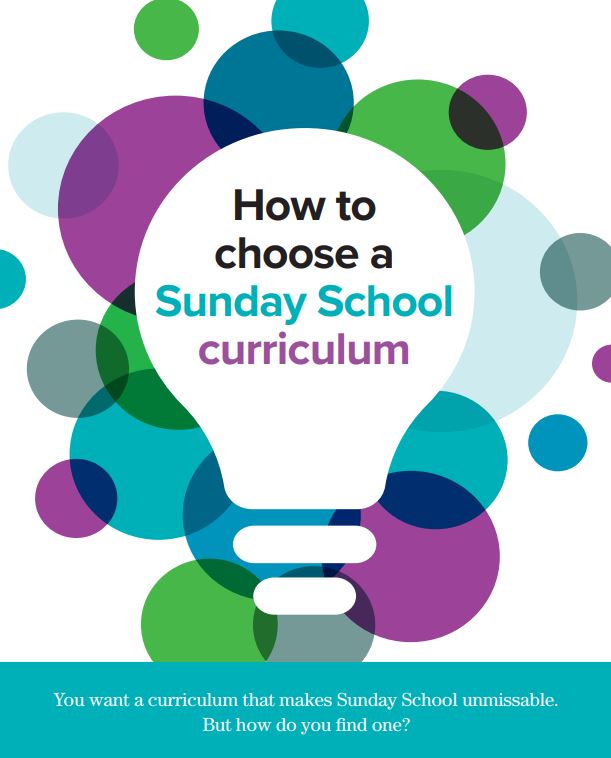Click here to download this video.
Near-death experiences are firsthand stories told by people who have died or have nearly died or were technically dead and returned. They began as a point of interest in the 19th century when researchers started to notice how many of these stories shared similarities, so they started collecting more stories. And although there have been some change in details, a few of the similarities include:
1. an out-of-body experience while one is aware of one’s surroundings
2. an awareness of being dead
3. a sense of peace and joy in that
4. a tunneling toward a light
5. a communicating with deceased loved ones or religious figures
6. and a reviewing of one’ s life or receiving knowledge about one’s self or reality
There are multiple theories for explaining near-death experiences. Some theories are entirely physical. Some people have similar experiences at death do so because their brains shut down in similar stages. Other have offered solutions that are more psychological. Some researchers have said that maybe people’s brains are protecting them from the stress of dying by creating the illusion of detachment from the body. And then there are others that argue near-death experiences should be taken at face value and treat them as proof that people have souls and there is consciousness after death.
Now it’s easy to see why Christians would take such interest in these studies and stories cause they can be viewed as a kind of proof that the afterlife exists. There is even a small collection of books on near-death experiences that have been marketed specifically to a Christian audience. So the question is, what should we as Christians do with these stories?
In general, we should not treat near-death experiences as gospel truth, even if they confirm what we want to believe. Some of these stories might be fabricated. For example, one book, The Boy Who Came Back from Heaven, was eventually recalled by the publisher when the boy in question recanted his story. Not only that, but there are some near-death experiences stories that confirm other religious worldviews besides Christianity.
But what about detailed testimonies of people who say they saw heaven or saw hell? Can we believe them? Though near-death experiences can be received as testimonies of people’s spiritual experiences, we can never treat them as divine revelations of what heaven or hell are actually like. For one, we don’t ever add to Scripture, because what Scripture tells us is enough. For another, people’s near-death experiences are still limited by their own understanding. Even if they have really experienced something on the other side, their own life experience and their knowledge of what heaven and hell will be like still shape how they experience those things.
When someone shares their near-death experience, we shouldn’t focus so much on the details. Instead, simply celebrate the return of our brother or sister in Christ. Thank God for providing healing. Near-death experiences can be encouraging or comforting up to a point, but they must never be used for doctrine. These experiences are not the evidence we need of the afterlife, because we have something better. We have concrete proof in the resurrection of Jesus. Jesus already returned from the dead in a resurrected body, and that’s what every Christian will one day experience.
My hope is not tunnelling to a light. It’s being transformed in an instant or (should the Lord tarry) coming back out of the grave. We believe that the Lord himself will come down from heaven with a loud command with the voice of the archangel, and the trumpet of God. The dead in Christ will rise first, and we who are still alive will be transformed in a moment and caught up together with them to meet the Lord in the air. Near-death experiences are interesting, but they are not the guarantee of the destiny that awaits us. Our future is guaranteed only by the resurrection and return of Jesus, and that is where our hope lies!



